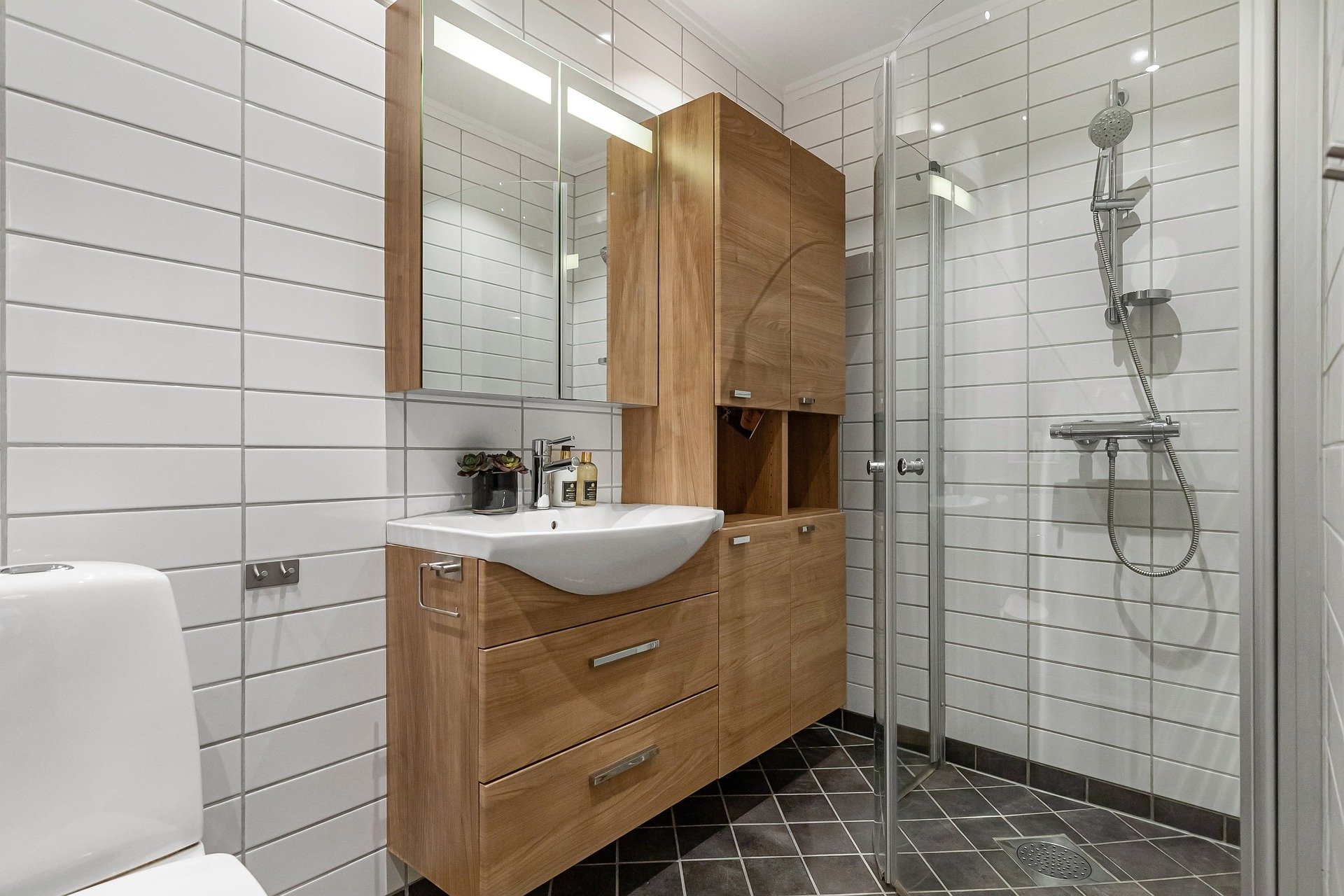Learn about Home Renovation
Home renovation transforms living spaces while potentially increasing property value and improving functionality. Whether updating a single room or undertaking a complete overhaul, understanding the renovation process helps homeowners make informed decisions about their investment. From planning and budgeting to selecting contractors and materials, successful renovations require careful consideration of multiple factors including timeline, costs, and desired outcomes.

Transforming your living space through renovation can breathe new life into your property while addressing functional needs and personal preferences. The process involves careful planning, strategic decision-making, and coordination of various trades and materials to achieve your vision.
What Is Home Renovation
Home renovation encompasses the process of improving or updating existing structures within a residence. This can range from cosmetic updates like painting and flooring replacement to major structural changes involving walls, plumbing, or electrical systems. Renovations differ from new construction as they work within existing frameworks while addressing wear, outdated features, or changing lifestyle needs.
House Remodeling vs Simple Updates
House remodeling typically involves significant structural or layout changes that alter the fundamental design of spaces. This might include removing walls to create open floor plans, adding rooms, or completely reconfiguring kitchens and bathrooms. Simple updates, conversely, focus on surface-level improvements like new fixtures, appliances, or finishes that refresh spaces without major construction work.
Finding Local Home Improvement Services
Locating qualified contractors and specialists in your area requires research and due diligence. Start by seeking recommendations from neighbors, friends, or local hardware stores. Online platforms and professional associations often maintain directories of licensed contractors. When evaluating potential service providers, verify licenses, insurance coverage, and review previous work examples. Request detailed written estimates and check references before making final selections.
Planning Your Complete Home Renovation
Comprehensive renovations demand thorough planning to coordinate multiple phases and trades effectively. Begin by establishing clear goals and priorities for each space. Create detailed timelines accounting for permit approvals, material delivery, and sequential work phases. Consider temporary living arrangements if renovations affect essential areas like kitchens or bathrooms. Professional project management can help coordinate complex renovations involving multiple contractors and systems.
Understanding Renovation Costs and Budgeting
Renovation expenses vary significantly based on scope, materials, labor costs, and regional factors. Kitchen renovations typically range from $15,000 to $50,000 for moderate updates, while complete overhauls can exceed $75,000. Bathroom renovations generally cost between $10,000 and $30,000 depending on size and fixture quality. Whole-house renovations often range from $100,000 to $300,000 or more for extensive projects.
| Renovation Type | Typical Cost Range | Timeline | Key Considerations |
|---|---|---|---|
| Kitchen Update | $15,000 - $75,000 | 4-8 weeks | Appliances, cabinets, countertops |
| Bathroom Remodel | $10,000 - $30,000 | 2-4 weeks | Plumbing, fixtures, waterproofing |
| Basement Finishing | $20,000 - $50,000 | 6-10 weeks | Moisture control, insulation, egress |
| Whole House | $100,000 - $300,000+ | 3-12 months | Permits, temporary housing, phasing |
Prices, rates, or cost estimates mentioned in this article are based on the latest available information but may change over time. Independent research is advised before making financial decisions.
Common Renovation Challenges and Solutions
Renovation projects frequently encounter unexpected issues including hidden structural problems, outdated electrical or plumbing systems, and permit complications. Budget overruns often result from change orders or unforeseen repairs. Successful renovations typically include 10-20% contingency funds for unexpected expenses. Clear communication with contractors, detailed contracts, and regular progress monitoring help minimize complications and ensure projects stay on track.
Home renovation represents a significant investment in both time and resources, but thoughtful planning and execution can dramatically improve living spaces while potentially increasing property value. Success depends on realistic budgeting, qualified professionals, and clear communication throughout the process.




